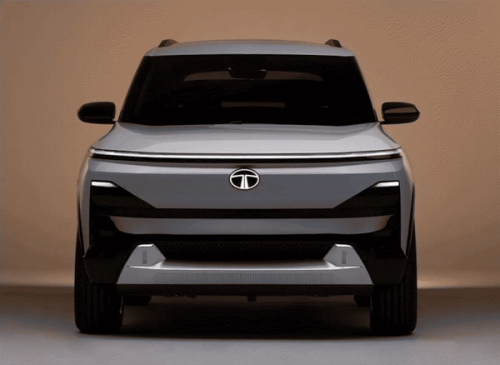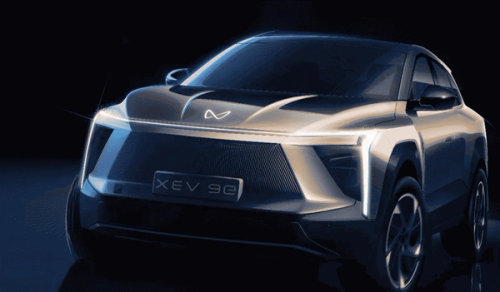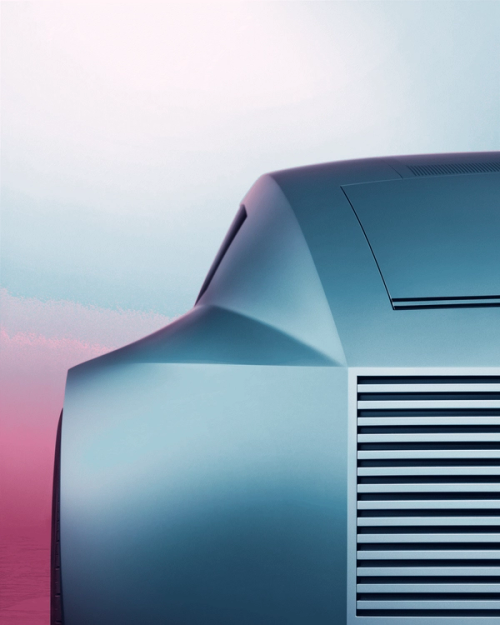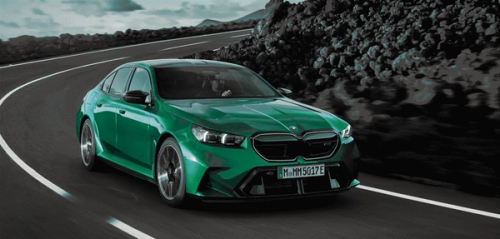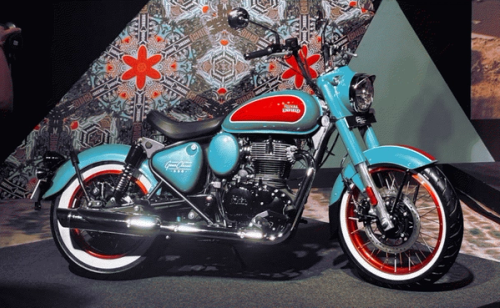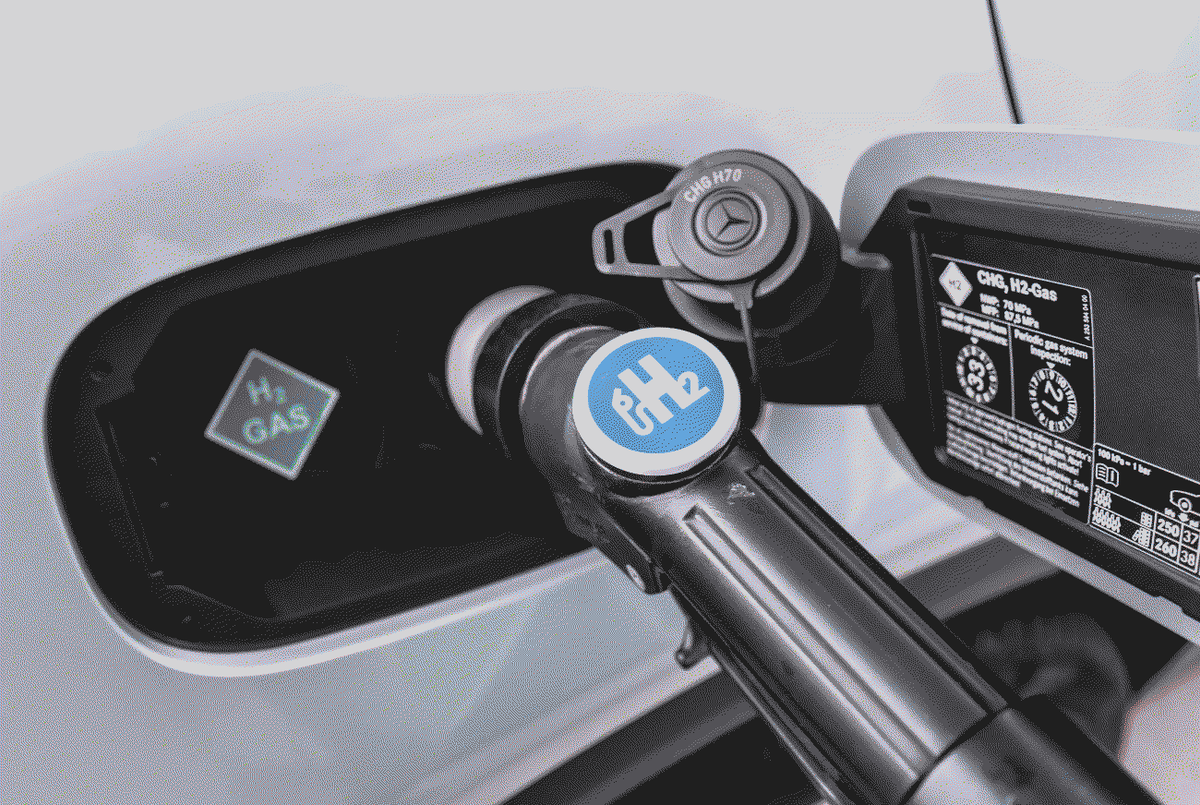Home
>vehicle-tech-news
>Electric vs. Hydrogen Cars: The Ultimate Showdown for the Future of Clean Energy – Which Will Win?”
Electric vs. Hydrogen Cars: The Ultimate Showdown for the Future of Clean Energy – Which Will Win?”
7 Nov 2024
16
By chronicle tech

Filling h2 , Source: Hydrogen Today
T he race for the future of clean energy is on, and it's a battle that could define the next era of transportation. While Electric Vehicles (EVs) have gained significant traction, another contender is slowly emerging from the shadows—Hydrogen-powered cars. But which technology will reign supreme? Is the future of sustainable transportation destined to be powered by the buzz of electric motors, or will hydrogen fuel cells take the crown? Let's break it down.
The Rise of the EV: Dominating the Roads... for Now
In the last decade, electric cars have surged from a niche market to mainstream adoption. Tesla, the undisputed poster child of EVs, has made electric driving a symbol of both environmental consciousness and high-tech luxury. But it’s not just Tesla anymore—companies like Ford, Volkswagen, and Rivian have all jumped on the EV bandwagon, rolling out electric models that range from affordable city cars to powerful sports vehicles.
The Electric Vehicle revolution is primarily driven by one thing: battery technology. Recent advancements in lithium-ion batteries have made EVs not only more affordable but also capable of longer ranges. In fact, a number of mainstream EVs now offer over 300 miles of driving range on a single charge.
But it’s not all sunshine and rainbows. While EVs offer a clean, green solution to emissions, they come with their own set of challenges. First and foremost, the need for charging infrastructure. Charging stations are still few and far between, especially outside major metropolitan areas. Plus, the time it takes to charge your car remains a major hurdle when compared to the convenience of filling up at a gas station.
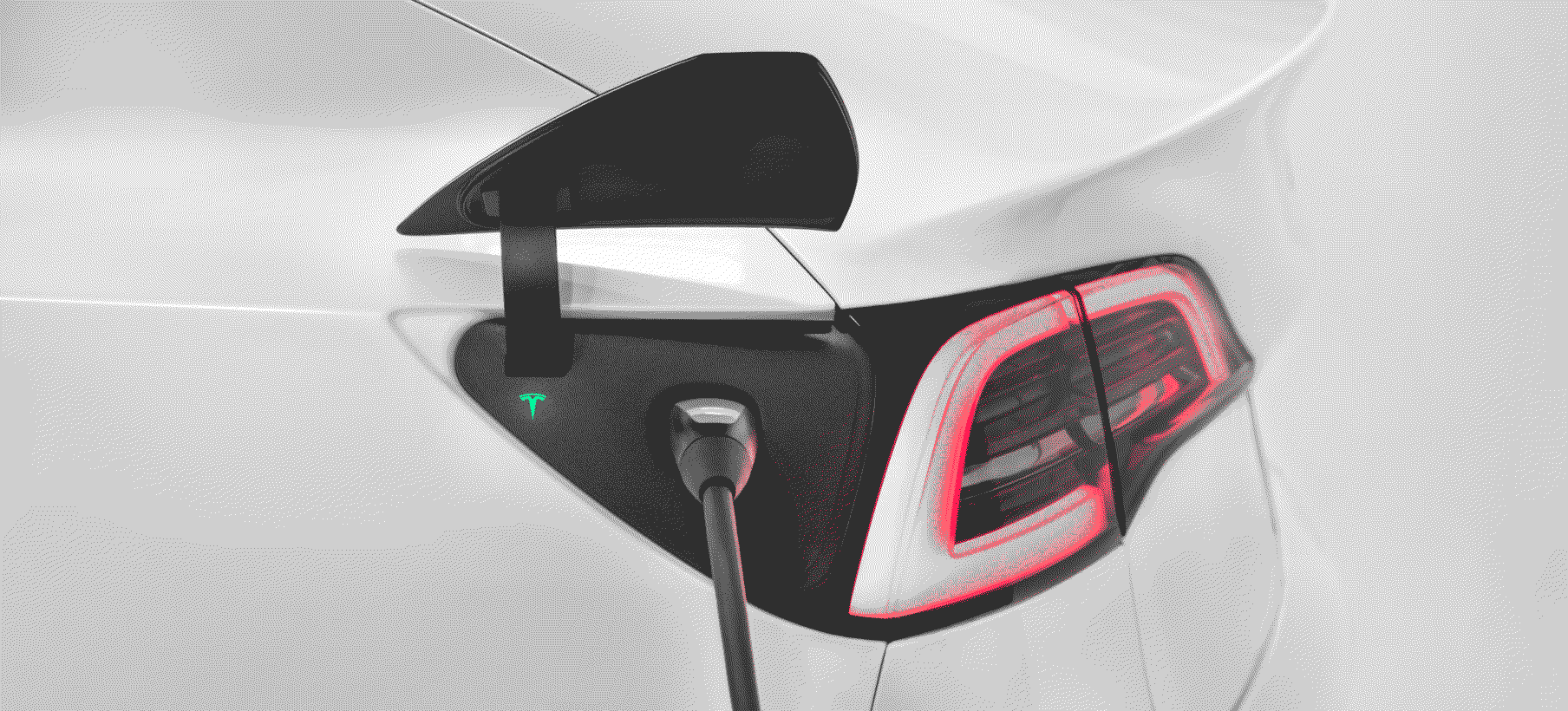
Source: Tesla
Enter Hydrogen: The Fuel of the Future?
Hydrogen cars might seem like a futuristic concept, but the technology is already here. Companies like Toyota (with the Mirai) and Hyundai (with the Nexo) are proving that hydrogen fuel cells can power a vehicle efficiently—producing only water vapor as a byproduct.
So why hasn’t hydrogen taken over the market like EVs? Well, there’s a complex web of factors at play. Hydrogen vehicles don’t rely on batteries; instead, they use hydrogen fuel cells, which convert hydrogen gas into electricity to power the car’s motors. The key benefit here is refueling time—a hydrogen car can be refueled in just 3-5 minutes, compared to the hours it can take to fully charge an EV. For anyone who values convenience, hydrogen offers a serious advantage.
However, hydrogen has some significant hurdles to overcome. The first is hydrogen production. Most hydrogen today is produced using natural gas, which undermines the environmental benefits of the technology. The second issue is the lack of refueling stations, which is a challenge similar to EV charging infrastructure. While hydrogen cars can travel over 300 miles on a full tank, finding a refueling station remains a significant problem for many regions.
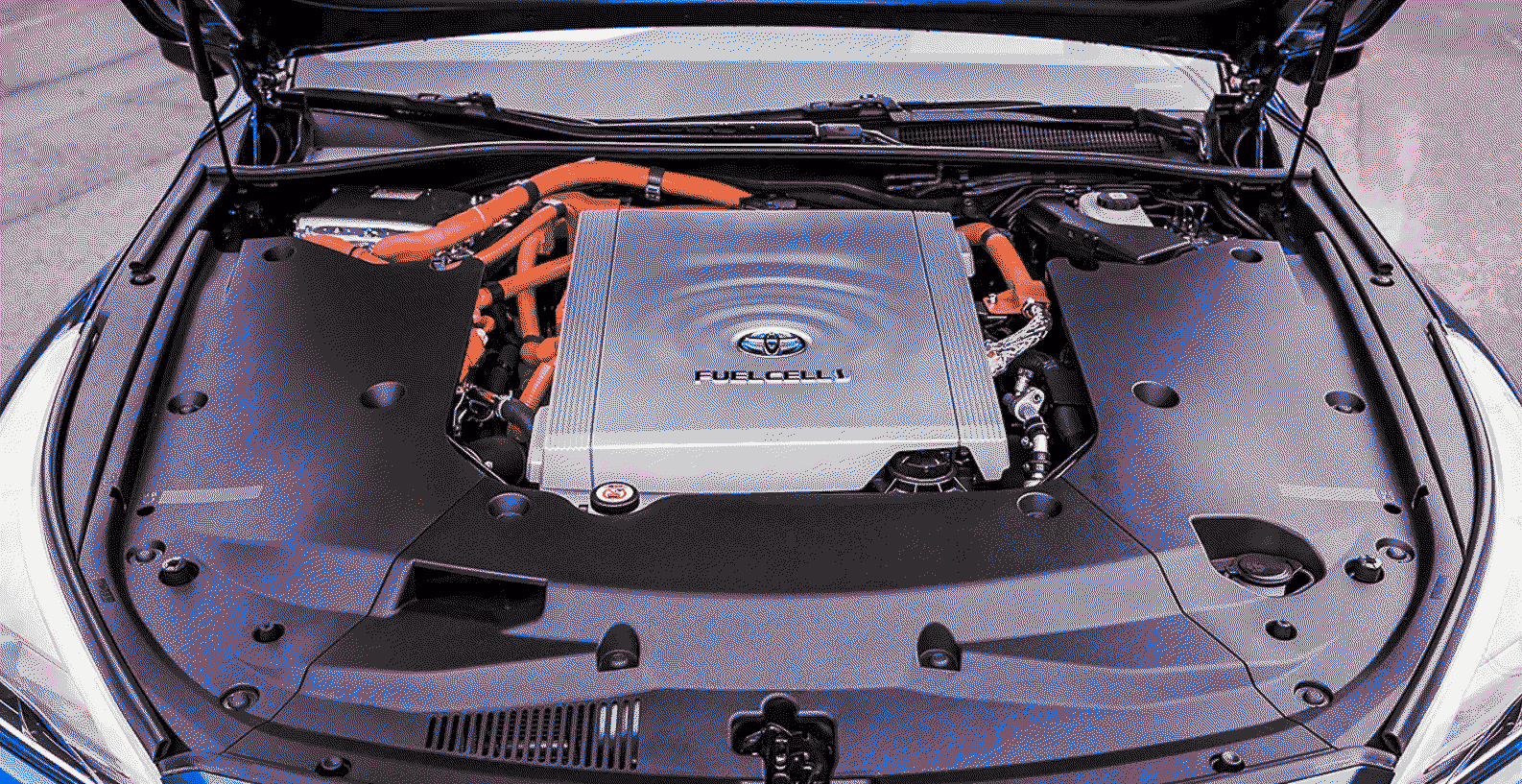
hydrogen fuel cell technology , Source: TOYOTA
EV vs. Hydrogen: A Clean Energy Tug-of-War
So, which one is truly better for the environment? Both EVs and hydrogen cars offer cleaner alternatives to traditional gasoline-powered vehicles, but each has its own set of environmental pros and cons.
EVs produce zero emissions while driving, but their environmental impact largely depends on how the electricity is generated. In regions where the grid is powered by coal, an electric car’s carbon footprint may be higher than one might expect. However, as the grid transitions to renewable energy sources, EVs become significantly cleaner.
Hydrogen, on the other hand, is the ideal clean energy source if produced using renewable energy. Green hydrogen, generated through the electrolysis of water using wind or solar power, has the potential to be a game-changer. But producing green hydrogen at scale remains expensive and energy-intensive, which is a major barrier to its widespread adoption.
The Future: Can They Coexist?
While the rivalry between electric and hydrogen vehicles seems fierce, the future may not involve one replacing the other. Instead, it might be a matter of coexistence. Certain use cases might favor EVs, while others could be better suited to hydrogen technology.
For instance, EVs are perfect for city driving and short commutes, where long charging times aren’t an issue, and the infrastructure is already starting to catch up. Meanwhile, hydrogen could be the solution for long-distance travel and heavy-duty transport, like trucks, where the quick refueling time and long range are paramount.
In fact, hydrogen fuel cells are already being used in heavy-duty trucks, buses, and trains. Companies like Nikola are designing hydrogen-powered trucks for freight transportation, offering an alternative to diesel-powered trucks, which are some of the most polluting vehicles on the road today.
The Verdict: Who Will Win?
Ultimately, the debate between electric and hydrogen cars is not about a winner-takes-all scenario. It's about two complementary technologies that could each serve different roles in the future of sustainable transportation.
The real question is: Which one will solve the world’s clean energy challenges first?
With the right technological advancements, policy support, and infrastructure investments, both EVs and hydrogen-powered vehicles have the potential to reshape the future of transportation.
Conclusion
The battle between electric and hydrogen cars isn’t just about which technology is superior—it’s about the future of our planet. While both have their advantages, it’s clear that we need to keep pushing for cleaner, greener alternatives to fossil fuels. The race is still on, and the winner will not just be defined by the car that crosses the finish line first, but by the one that can sustain a cleaner, more efficient future for us all.

